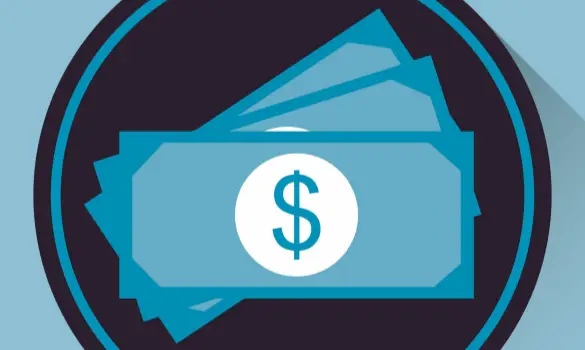Small business factoring is one of the proven methods to manage cash flow. Using this method, small business owners can benefit from better cash flow management. Expense tracking is another great tool to consider using, as well. Without proper cash flow, they often find it difficult to run their small business smoothly. Factoring is a helpful funding option that enables small business owners to quickly secure needed cash. To reap the benefits of factoring, you will have to sell accounts receivable to a third party at a discounted rate. By selling your account receivable, you will not have to wait for your customers to pay up and get some money upfront from the factoring company. Here are some guidelines have been to help small business owners with factoring successfully.
Small Business Factoring Didn’t Always Exist
In the past, only large corporations used factoring for getting cash without long wait or elaborate paperwork. However, in today’s economy, small businesses are utilizing this method for managing finances. As an owner, you can take advantage of the opportunity to use factoring in your small business.
What Is Small Business Factoring?
Many small businesses have a long collection cycle. Even after producing and delivering goods as a reseller business, they have to wait longer to receive payments. Small business factoring solves the problems of collecting receivables after a long period of time. With factoring, small business owners can raise capital within a short time period to pay vendors, taxes and payrolls. As a result, the capital conversion cycle is shortened and cash flow is improved.
When Should You Use Business Factoring?
Most small businesses use factoring to raise money during a tough financial stretch or to accelerate company growth. Compared to business loans, it is not a traditional form of lending. To be eligible for factoring, the small business must have sufficient accounts receivable that can be sold. If there are existing or potential accounts receivable, factoring can be a business financing option.
How Does Factoring Work for Your Small Business?
The third party organization or individual who buys the account receivables is known as the factor. Small business owners sell the collecting rights of their account receivables to the factor. In return, the factor offers around 75% to 85% of the invoice’s value in cash to the small business owner. When the customers of the small business owners pay the receivable amounts, the factors pays the owner the total face value minus 2% to 6% of a discount. More simply, the factor will end up paying the business owner 94% to 98% of the total invoice value in return for the funding.
How To Start Invoice Factoring?
In order to make invoice factoring work for your business, find a company to buy your invoices. This is a crucial first step to factoring. As explained, the factoring company will keep a percentage of the invoice upon payment. After the factoring company approves your invoice, they will issue you the funds directly to your account with direct deposit or balance transfer checks. Then, they will collect payment from your customer. This process is very easy to get started by finding the right factoring partner for your business.
Is Factoring Right For Your Small Business?
Small business factoring is a major financial decision. It may or may not be completely beneficial for your small business. You should strongly consider if factoring is really the best method for increasing cash flow. Sometimes, traditional business lending options might be cheaper for the company. Before entering a factoring deal, be sure that you have considered all of your options carefully.
Choosing Small Business Factoring Companies
There are many small business factoring companies in the market. Different factoring companies demand different amounts of factoring fees. Speak with more than one factoring company and compare their fees structure before signing any agreements. By shopping for the right factoring partner, you can negotiate, demanding no less than 50% to 90% of the total accounts receivable amount. More specifically, if the amount of invoice is $100,000, then you should at least get $50,000 in advance. Additionally, a reputed and efficient factoring company can provide you with funds within just one business day. Certainly, it is worth while to do some comparison when choosing a factoring company.
Make Sure They Are Transparent
If you are looking to make the right choice for your invoice factoring company, you are going to want to make sure the company is transparent regarding their factoring rates and fees. This is crucial for money management best practices. No business owner wants to be shocked come the end of the quarter. You want your invoice factoring company to be transparent with rates and fees so that your monthly bill will be predictable. In order to find the best invoice factoring company, make sure you ask for some information regarding expected factoring rates and fees.
Small business factoring offers an alternative for small business owners who cannot get a loan otherwise. Of course, the factoring amount will depend on your accounts receivable. But, if you choose a reliable small business factoring company, your business could receive the required cash flow to meet your goals.
 Business First Family Business, Accounting, Finance, Investing, Marketing And Management
Business First Family Business, Accounting, Finance, Investing, Marketing And Management
